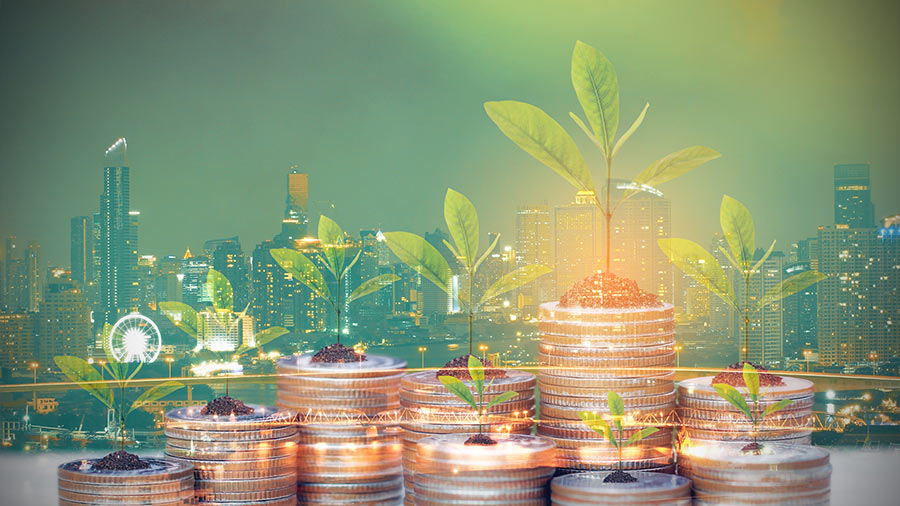Developed Nations Urged to Step Up: India Leads the Way on Green Growth, But Needs Global Support

India's Green Ambition: A Call for Global Partnership
At the prestigious BT India's Most Sustainable Companies Summit 2025, Environment Minister Bhupender Yadav delivered a powerful message: India is committed to achieving its climate goals, and is even exceeding expectations in meeting its 2030 targets. However, he stressed that this progress cannot be sustained without significant financial and technological support from developed nations. This call for global equity underscores the vital role developed countries play in facilitating a just and effective transition to a sustainable future.
Meeting Targets, Facing Challenges
India's early success in meeting its 2030 climate targets is a testament to the nation's dedication and innovative approach. The country has made significant strides in renewable energy adoption, energy efficiency, and sustainable resource management. Initiatives like the National Solar Mission and the push for electric vehicles demonstrate a clear commitment to decarbonization. However, despite this progress, India faces considerable challenges, including a rapidly growing population, increasing energy demands, and the need to balance economic development with environmental protection.
The Need for Developed Nation Support
Minister Yadav's plea for financial and technological assistance isn't a request for handouts, but a recognition of historical responsibilities and a pragmatic acknowledgment of the resources required to accelerate India's green transition. Developed nations, who have historically contributed the most to greenhouse gas emissions, have a moral and economic obligation to support developing countries in their efforts to mitigate climate change.
- Financial Resources: Developing countries like India require substantial investment in renewable energy infrastructure, green technologies, and climate resilience measures. These resources are often beyond the reach of national budgets alone.
- Technology Transfer: Access to cutting-edge green technologies is crucial for accelerating decarbonization. Developed nations should facilitate the transfer of these technologies to developing countries on favorable terms.
- Capacity Building: Training and skills development are essential for building a workforce capable of implementing and managing sustainable solutions.
A Fair and Equitable Transition
The climate crisis is a global challenge that demands a collective response. India's leadership in demonstrating early climate action sets a positive example, but it cannot succeed in isolation. A fair and equitable transition to a sustainable future requires developed nations to honour their commitments, provide the necessary support, and work collaboratively with developing countries to achieve shared goals. Minister Yadav's call is a crucial reminder that climate action is not just about national targets, but about global solidarity and shared responsibility. The summit served as a platform to highlight this crucial point and advocate for a more collaborative approach to tackling climate change.
Looking Ahead: Collaboration and Innovation
Moving forward, increased collaboration between developed and developing nations is essential. This includes sharing best practices, fostering innovation, and developing tailored solutions that address the specific needs and circumstances of each region. The BT India's Most Sustainable Companies Summit 2025 served as a catalyst for dialogue and action, paving the way for a more sustainable and equitable future for all.






